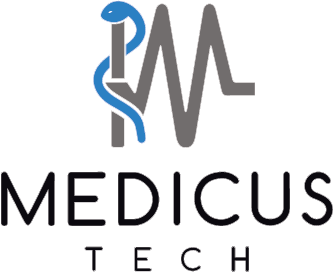-
Non-Physician Providers Will Become More Common with Time

You don’t have to be a physician anymore to offer the services of one. The term “non-physician provider” (NPP) is becoming common with time.
Non-physician providers
Physicians have a tight schedule around the clock. No matter how hard they try, there is always something more that could have been done, one more patient that could have been seen. This is where NPPs come in. They may not be actual physicians, but are licensed and trained to take care of certain aspects of the job. Any clinician, like a nurse, anesthetists or a surgeon’s assistant, can act as NPPs.
How They Help?
There are limitations to what a physician can do in 24 hours. Non-physician providers can assist by operating on behalf of the physician. For starters, they can attend to certain patients, assisting you in checking more patients. This allows an NPP to lessen your burden by sharing it. However, all work must be done under direct supervision of a physician.
Furthermore, a study revealed that having a non-physician provider in your team can result in a higher compensation as opposed to working independently. They can also help in other on-job activities including things like performing physical exams, arranging patient referrals, or even in clinical decision making.
Hiring an NPP
There is no doubting the fact that delegating tasks is a more efficient way of getting things done. This may not be the most common practice today, but with an increasing workload, non-physician providers will be a more common sight in medical institutions in the future. A study by Harvard Business School addressed this matter, stating that people who outsource certain tasks were far more content than those who did not.
In short, hiring an NPP can lead to greater efficiency at work, and a better influx of revenue.
Will non-physician providers become common?
Ready to talk? Call us today at (708) 365-1000 | (847) 450-6500
Contact Us
Corporate Offices
4801 Southwick Drive, Suite 260, Matteson, IL. 60443
info@medicustech.us
(708) 365-1000 | (847) 450-6500Newsletter
(c) 2017 - Medicus Technologies - All Rights Reserved

